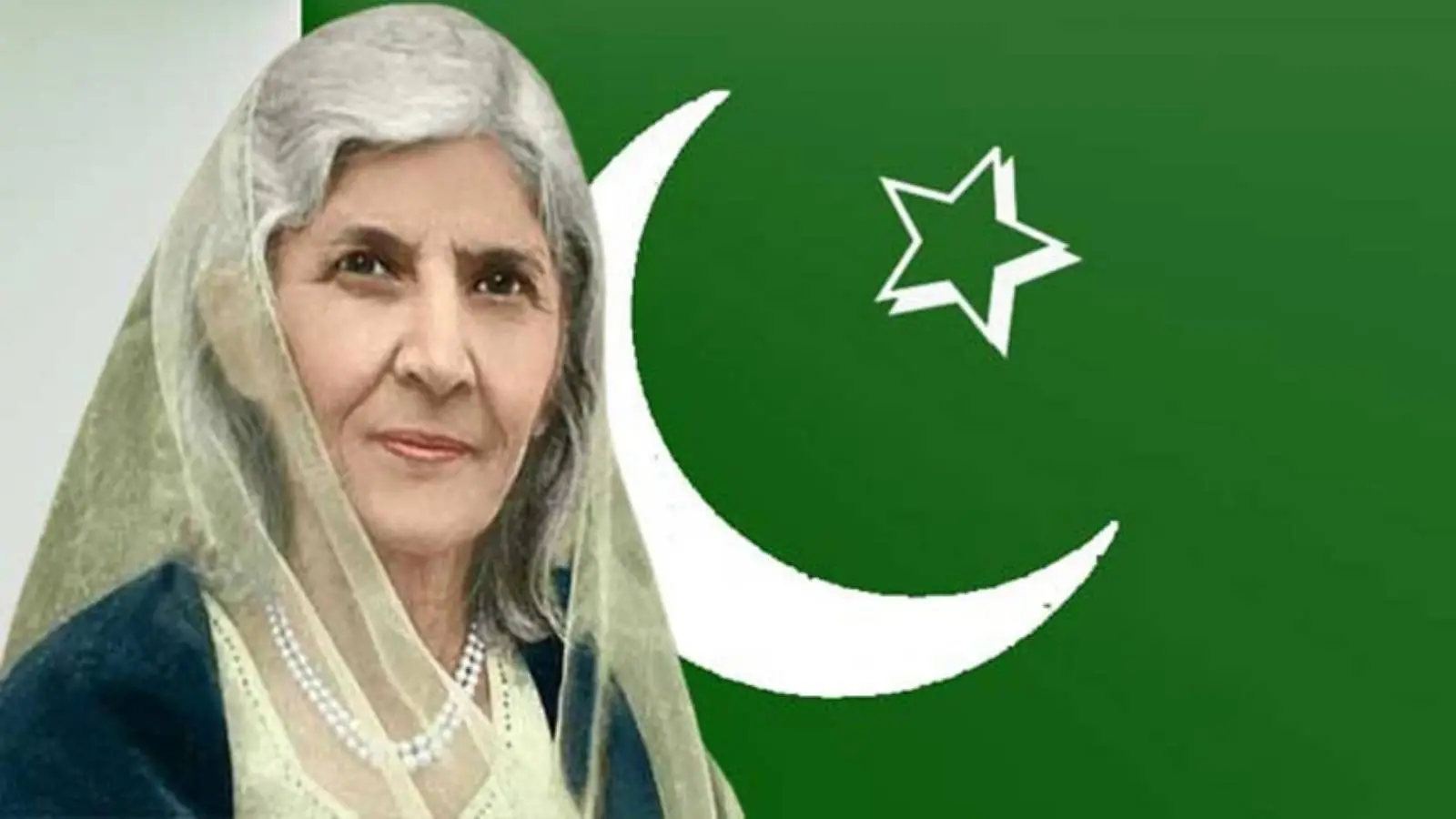Fatima Jinnah is remembered as one of the most influential women in the history of Pakistan. Known as the “Mother of the Nation” (Madar-e-Millat), she was not only the sister of Quaid-e-Azam Muhammad Ali Jinnah but also a respected leader, activist, and pioneer for women’s rights in South Asia. Her life was marked by resilience, dedication, and a deep commitment to the ideals of democracy, freedom, and equality.
Early Life and Education
Fatima Jinnah was born on July 31, 1893, in British India. She was the youngest among her siblings and shared a close bond with her brother, Muhammad Ali Jinnah. After the early loss of their parents, she was raised under his guardianship. She pursued her education at a time when very few women, especially Muslim women, had access to formal schooling. Driven by a passion for learning and service, she studied dentistry and became one of the first Muslim female dental surgeons in the subcontinent.
Role in the Pakistan Movement
Fatima Jinnah played a vital role in the struggle for the creation of Pakistan. After the death of Muhammad Ali Jinnah’s wife, she became his closest companion and advisor. She stood by him during the most challenging years of the freedom movement, offering both emotional and political support. Her presence gave strength to her brother and inspiration to countless women across the region.
She actively participated in political rallies and meetings, encouraging women to step into public life and contribute to the cause. Her work helped mobilize female participation in the independence movement, something that was previously rare in traditional Muslim communities.
Life After Independence
After Pakistan was established in 1947, Fatima Jinnah continued to work for social reform and women’s rights. She co-founded relief committees and organizations to support women, children, and refugees affected by Partition. Despite her low profile in the early years of Pakistan’s nationhood, she remained a strong voice for justice, integrity, and civil rights.
Political Leadership and the 1965 Presidential Election
In a historic turn of events, Fatima Jinnah stepped back into politics in the 1960s. In 1965, she ran for President of Pakistan against military ruler General Ayub Khan. Her campaign was a bold move in a male-dominated society and served as a powerful statement for democracy and civilian rule. Although she lost the election under controversial circumstances, her courage and defiance left a lasting impact.
Her campaign drew massive support from the public, especially among youth, intellectuals, and women. It reignited hope for democratic reform in Pakistan and challenged the status quo of authoritarian governance.
Legacy
Fatima Jinnah passed away on July 9, 1967, but her legacy continues to inspire generations. She is remembered not just as the sister of the founder of Pakistan but as a leader in her own right. Her contributions to the Pakistan Movement, her efforts for women’s empowerment, and her stand for democracy and civil liberties remain timeless.
Across Pakistan, numerous institutions bear her name—universities, hospitals, roads, and parks—serving as reminders of her service to the nation. More importantly, she lives on in the hearts of those who believe in justice, equality, and national dignity.
Conclusion
Fatima Jinnah was a symbol of strength, compassion, and unwavering commitment to the ideals of freedom and democracy. She broke barriers, uplifted women, and stood up against tyranny with grace and courage. Her life is a testament to the power of purpose, and her story continues to shine as a guiding light for the future of Pakistan.



